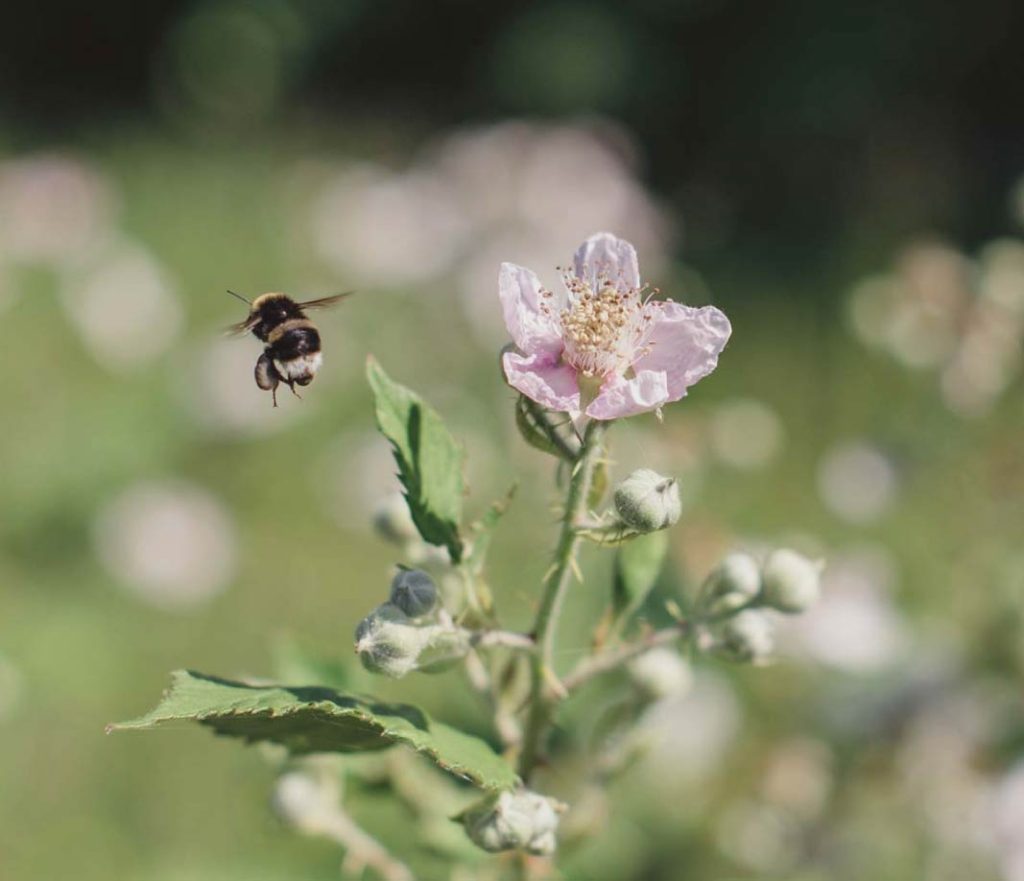I’ve always been obsessed with whether or not I’m getting enough sleep. For as long as I can remember as I set my alarm and turn out my bedside light, I do the maths and count up how many hours uninterrupted sleep I hope to get. And if I don’t sleep well and my night is disturbed, I start the day already annoyed that I’ve been short changed. But what started as a neurotic teenage habit, turns out to have stood me in good stead, because we know now just how important sleep is to all aspects of our health and well-being.
We know that our brain activity fluctuates during the different stages of sleep and each stage has an important part to play in brain health. What our brains are doing while we sleep enables us to think and learn better and also helps our memory. REM sleep in particular facilitates the brain’s processing of emotional information. We simply need to have enough sleep in order to do this. Without it our moods and emotional reactivity can be affected.
It used to be thought that sleep problems were a symptom of mental health disorders, but we now know that this works both ways – sleeping problems can be both a cause and effect of problems like depression. We can get locked in a negative feedback loop where poor sleep worsens depression which further disrupts sleep. Those with anxiety can find it hard to sleep because their worries and fears keep them in a state of hyperarousal and it’s impossible to sleep if your mind is racing. Again, you might then get anxious about the prospect of not being able to sleep – further compounding the problem.
Many people, myself included, have seasonal affective disorder when reduced daylight hours directly contributes to low mood. This is closely tied to the disruption of our internal biological clocks or circadian rhythm that helps control lots of our bodily processes including sleep. So, during the winter months those with SAD tend to sleep too much or too little.
So, what can we do to help our sleep patterns? I keep reading about ‘sleep hygiene’ and how important it is. The basic rules aren’t rocket science, but our lifestyles have become such that we all too easily choose to ignore them. We should have a set bedtime and maintain it. We should stop using electronic devices at least an hour before bedtime. We should avoid alcohol and caffeine in the evening. Relaxing before bedtime is important – whether that means a warm bath, time to read, maybe meditation or some breathwork to encourage a feeling of calm. Of course, you also want your bedroom to be tranquil and your bed comfortable and supportive. But there are daytime habits to consider too – it’s also important to have had a good amount of natural daylight exposure during the daytime and ensuring you’ve had regular exercise both of those are vital for a good night’s kip.
What we do know is that almost universally everyone sleeps well at Swallowtail Hill. We love that you report feeling refreshed and relaxed and we put it down to these magical ingredients:
You’re forced to be more in tune with your circadian rhythms – you go to bed earlier because it’s so dark here, and your rise naturally with the sun, rather than being forced awake by your alarms
You’re encouraged to switch off your phones, so you aren’t mindlessly scrolling and there’s no wifi or tv. You’ve given your brain a chance to decompress!
You’ve spent lots of time outside, so the fresh air and the sounds of nature have calmed you
You’ve been super comfortable – because we make sure our mattresses and bedding are as cosy as possible.
You’ve put the world on hold for a bit, while you allow yourself to rest – something that isn’t easy to do in our day to day lives.
So, we hope that when guests leave it is in the knowledge that not only have they had a chance to catch up on sleep, but they’ve had the best sort of wakeup call when it comes to making some adjustments in order to incorporate some more positive sleep habits in their day to day lives!
We're on Instagram.
Follow us for the latest updates, stories, reviews and much more.
Awards & Accreditations













